Yelp using AI to turn your foodie moments into quick restaurant videos
Next time you dive into Yelp to look for restaurants or other places to go, you might see some of your previously posted content turning up in the app
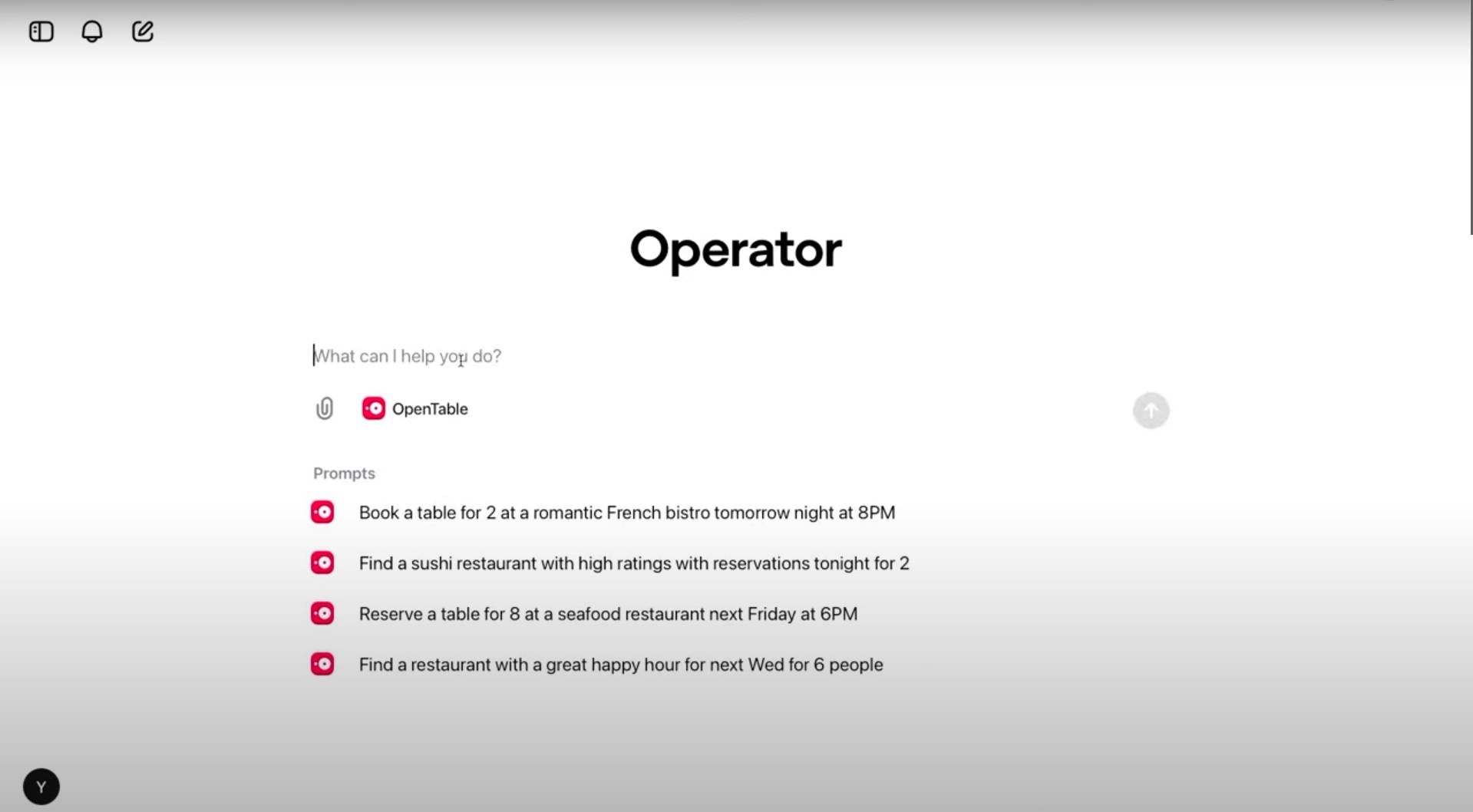
ChatGPT creator OpenAI has finally entered the agentic AI race with the release of its Operator AI in January. The agentic system is designed to work autonomously on its user’s behalf and is primed to compete against already established industry rivals like Claude’s Computer Use API and Microsoft’s Copilot agents — at least, once it sheds its “research preview” status.
Here’s everything you need to know about OpenAI’s new agent and when you might be able to try it for yourself.
OpenAI’s Operator is an agent AI, meaning that it is designed to take autonomous action based on the information available to it. But unlike conventional programs, AI agents are able to review changing conditions in real-time and react accordingly, rather than simply execute predetermined commands. As such, AI agents are able to perform a variety of complex, multi-step tasks ranging from transcribing, summarizing and generating action items from a business meeting to booking the flight, hotel accommodations, and rental car for an upcoming vacation based on your family’s various schedules to autonomously researching topics and assembling multi-page studies on those subjects.
Operator works slightly differently than other agents currently available. While Claude’s Computer Use is an API and Microsoft’s AI agents work within the Copilot chat UI itself, Operator is designed to, well, operate, within a dedicated web browser window that runs on OpenAI’s servers and executes its tasks remotely. Your local web browser has nothing to do with the process and can be used normally even when Operator is running.
The Operator app is powered by a new “Computer-Using Agent” model (CUA) that is, in turn, built atop GPT-4o, which provides the app’s multimodal abilities. OpenAI says CUA was trained in a similar fashion to its o1 and o3 reasoning models. As such the CUA model will break down complex tasks into their component problems before trying to solve them sequentially, backtracking if it runs into any logical roadblocks.
OpenAI released Operator on January 23, 2025. It’s currently only available to $200/month Pro users in the U.S. “Our plan is to expand to Plus, Team, and Enterprise users and integrate these capabilities into ChatGPT in the future,” the company wrote in its announcement post.
Users can activate the agent from the ChatGPT home screen, which pops up a dedicated web browser page in a side window for Operator to carry out its tasks. The AI provides a running narrative of what it is currently doing and the user can take over the process at any time. Operator will ask for the user’s help in certain tasks, such as logging in to specific secured websites, as well as get the user’s confirmation before executing important tasks. It can interact with websites both visually (i.e. through screen shots) and tactically, when it mimics the user’s keyboard taps and mouse clicks.
Since it is limited to the browser, Operator can only perform simple internet-based tasks currently, such as reserving concert tickets, ordering DoorDash, or filling out Instacart orders. The company also claims that the agent will be able to automate tasks like booking hotels and airlines, reserving tables at restaurants, and even doing your online shopping.
OpenAI has pitted Operator against Anthropic’s Computer Use, as well as Google DeepMind’s Mariner agent, in a number of industry benchmarks and claims that Operator has beaten them across the board. On the OSWorld benchmark, which measures how well an agent can complete tasks like merging PDF files, CUA beat out Computer Use 38.1% to 22.0% — for reference, humans average around 72% success on those tasks. On the WebVoyager benchmark CUA outscored Mariner 87% to 83.5%. Computer Use scored a paltry 56%.
However, initial user reactions to the AI agent have been mixed. For example, New York Times columnist Kevin Roost wrote, “In all, I found that using Operator was usually more trouble than it was worth. Most of what it did for me I could have done faster myself, with fewer headaches.”
“Even when it worked,” he continued, “it asked for so many confirmations and reassurances before acting that I felt less like I had a virtual assistant and more like I was supervising the world’s most insecure intern.”
In order to get access to OpenAI’s Operator agent, you will need to sign up for OpenAI’s ChatGPT Pro tier subscription and then access it via the operator.chatgpt.com website.

Next time you dive into Yelp to look for restaurants or other places to go, you might see some of your previously posted content turning up in the app
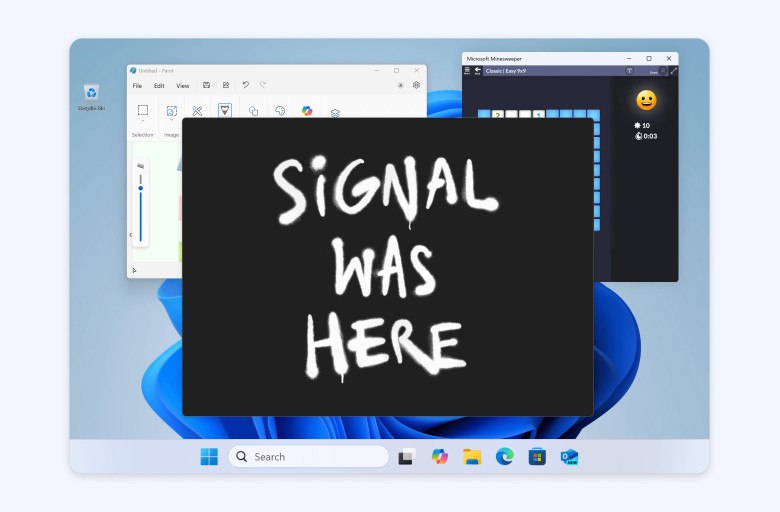
Signal, the popular privacy-centric messaging app, has rolled out a significant update to its Windows 11 desktop client, called “Screen Security” to c

The idea of a truly helpful digital assistant has caught more steam ever since products like ChatGPT landed on the scene. Google’s Gemini has inched p
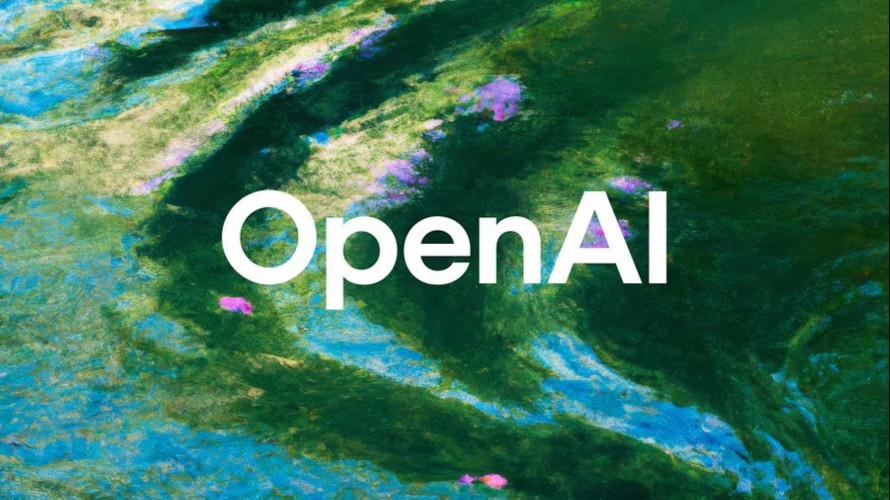
ChatGPT’s recent image generation capabilities have challenged our previous understanding of AI-generated media. The recently announced GPT-4o model d

Apple has lately focused on giving the AirPods more of a wellness-focused makeover than hawking them as plain wireless earbuds. Late last year, the Ai
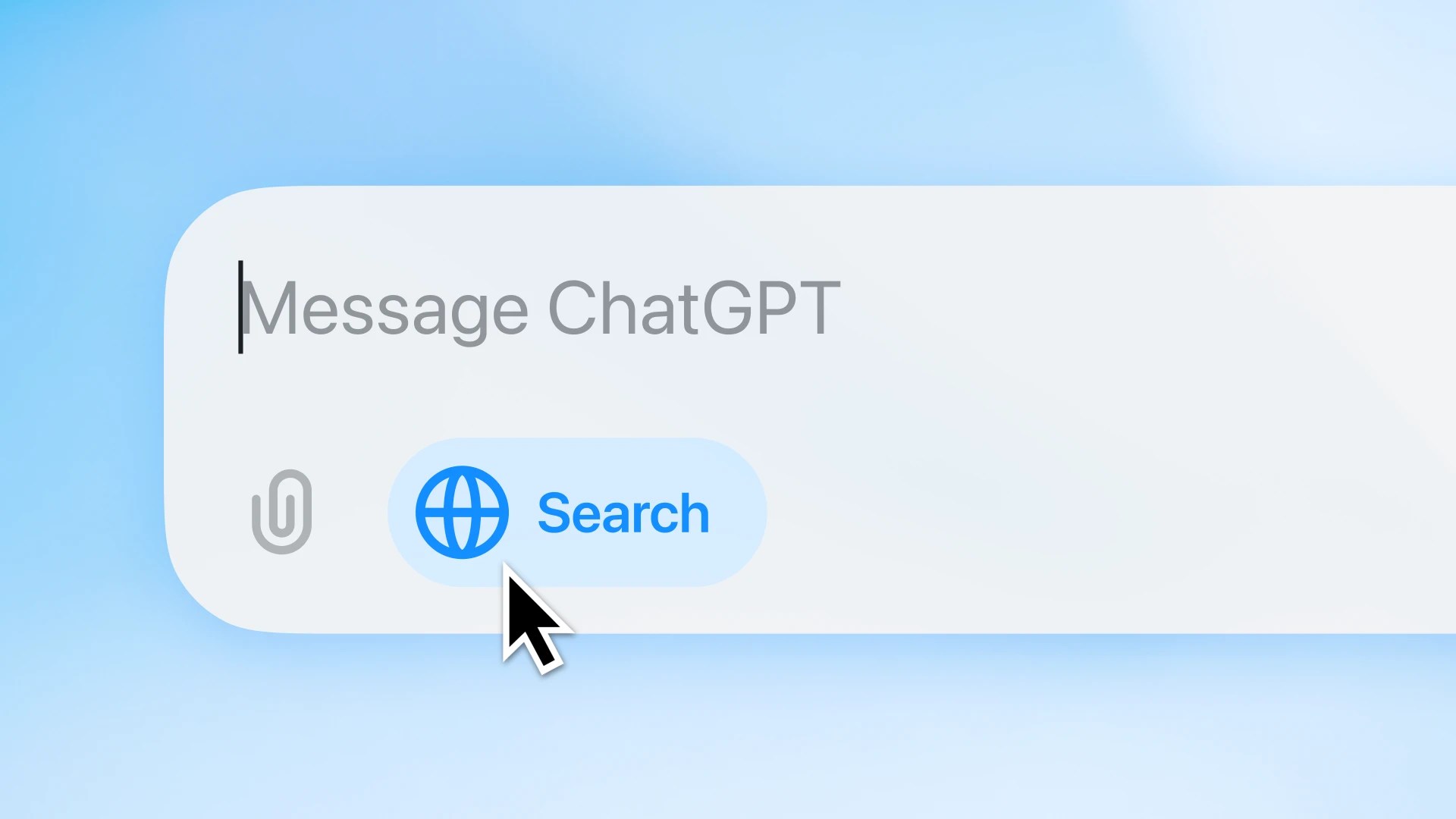
You no longer need to sign in to use ChatGPT Search.“ChatGPT search is now available to everyone on chatgpt.com,” OpenAI said in a post on X announcin
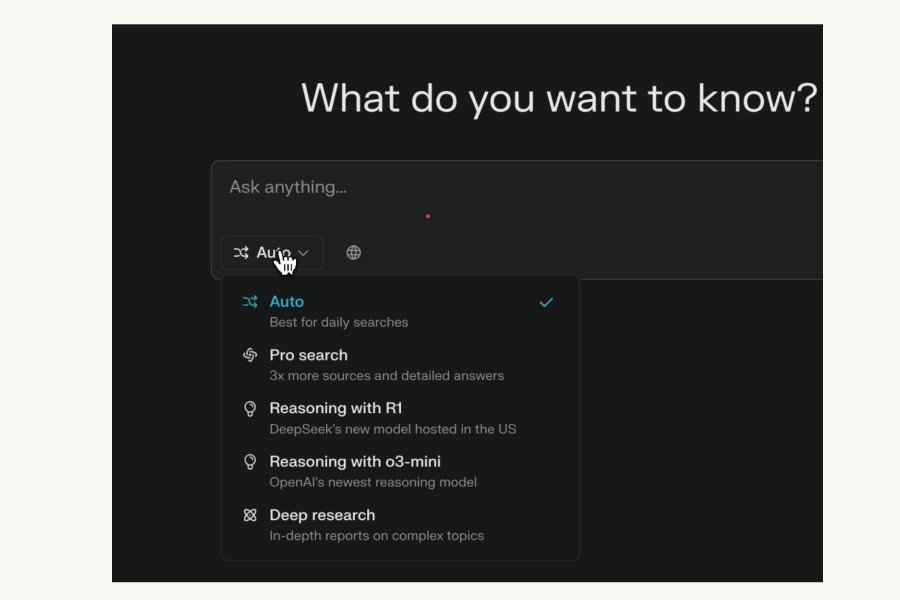
What if you tell an AI chatbot to search the web, look up a certain kind of source, and then create a detailed report based on all the information it

Today, Microsoft announced its first World and Human Action Model, or WHAM, a generative AI capable of generating game visuals and controller actions.
We are a comprehensive and trusted information platform dedicated to delivering high-quality content across a wide range of topics, including society, technology, business, health, culture, and entertainment.
From breaking news to in-depth reports, we adhere to the principles of accuracy and diverse perspectives, helping readers find clarity and reliability in today’s fast-paced information landscape.
Our goal is to be a dependable source of knowledge for every reader—making information not only accessible but truly trustworthy. Looking ahead, we will continue to enhance our content and services, connecting the world and delivering value.